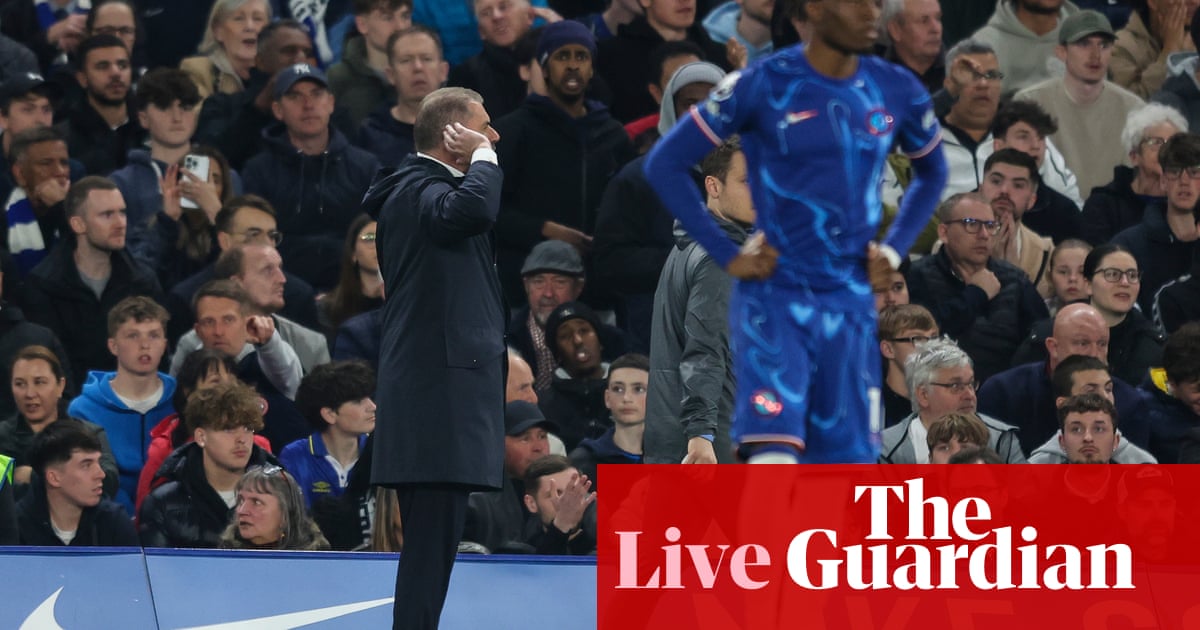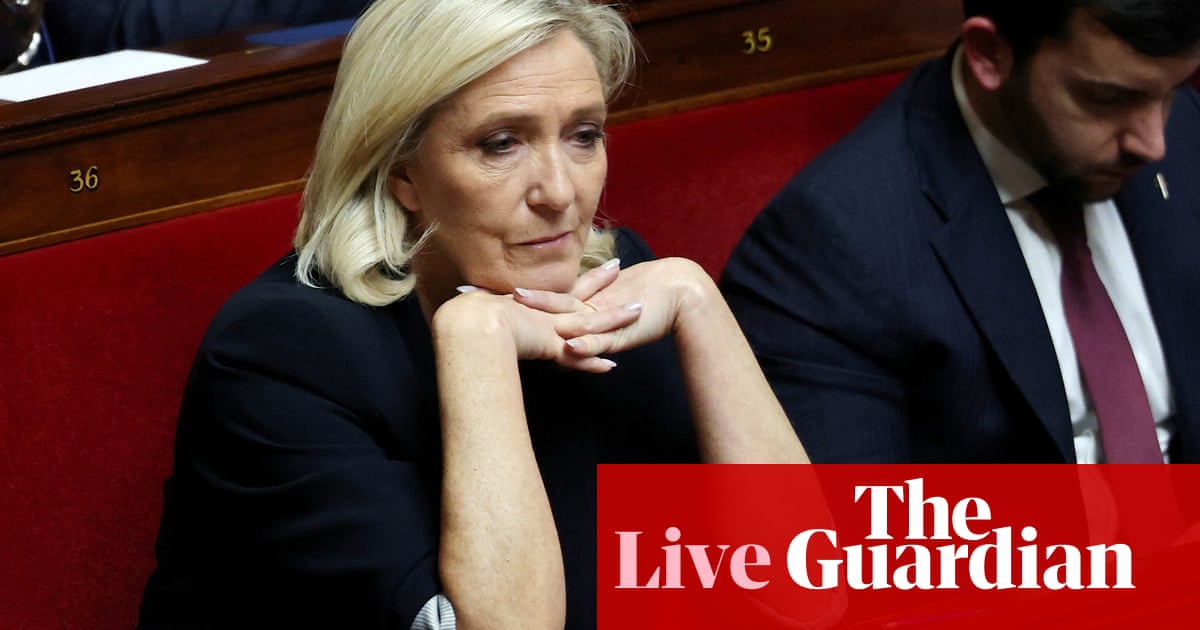Since Thursday morning, United Healthcare hasn’t left my thoughts – but not for the reason you might think.
On Thursday, my pediatrician told me to take my 18-month-old daughter to the emergency room immediately. My baby needed breathing treatments she could only get at the hospital.
But after hours in emergency, she wasn’t getting better. The only question was whether to admit her to the pediatric ward or to transfer her to a hospital with a pediatric intensive care unit (PICU). My husband and I asked to stay here, close to home and to our older son, and after four days, she finally seems to be leaving the danger zone of a PICU transfer. But she’s still on oxygen and still receiving albuterol every two hours. We don’t know when she’ll come home and how many months it will take for her to recover fully; already tiny for her age, she’s lost weight, and we see her ribs with each breath.
Here’s the worst part: this was preventable.
My daughter’s respiratory panel came back positive for RSV (respiratory syncytial virus), a respiratory infection that can be deadly in children under two, especially among preemies like my baby.
Her brother, now seven, was admitted to this same hospital, in the room next door to where we are now, almost exactly five years ago. He, too, fought for each breath as RSV wrought havoc on his underdeveloped lungs. One night I awoke in a panic, my son’s body burning with fever next to me, and raced to my phone because I’d forgotten to check whether the hospital was in-network before bringing him here. Then I cried, because that was not a thought that should ever enter a parent’s mind at a time like this – can we afford to save him? – and yet it did.
This fall as RSV season approached, I asked the pediatrician for a shot of Beyfortus, a highly effective RSV medication approved for babies. This medication is recommended to all infants under eight months and babies under 19 months with certain health conditions. At first the doctor agreed enthusiastically. But then she checked with my insurance company’s coverage and her face fell. We didn’t qualify. My daughter didn’t have any heart conditions and she hadn’t needed oxygen support or chronic steroids in the past six months.
A friend of mine had twins at 33 weeks, and they are a few months older than my baby. They got the shots easily, no questions asked. My friend was incredulous to learn our shots weren’t covered when my daughter was even more vulnerable.
Now I berate myself for not paying out of pocket. I hadn’t realized it was an option, but of course it was – $1,300 would have been more than worth it. I can’t help but think that United Healthcare lost their gamble. This hospitalization will cost them far more than the medication would have.
Take away all of the stress of this week, take away the fear and the regret and the anger, take away even the hours of lost work for us and school time for our son, and it’s clear there are indisputable financial incentives for insurers to cover medications such as these to save significant costs down the line – and it’s not just the price of hospitalizations. There’s a possible association between RSV infection at a young age and asthma, which can have immense lifelong costs.
At the very least, insurers could expand coverage to babies with other serious underlying conditions, such as prematurity, and family history of RSV hospitalization or asthma, for instance. Yet coverage like this could become even harder to find under the second Trump administration.
I’m not the only person with United Healthcare on top of mind this week. Americans have emphasized in recent days how broken the health insurance system is, and how unacceptable it is for vulnerable children such as my baby to fall between the cracks – to be opened up now to a lifetime of preventable risk.
As I write this, I’m lying in a hospital bed next to the smallest, mightiest person I’ve ever met. I can’t take on her pain. Only a change in our country’s healthcare policies will prevent other babies from reaching this point.
-
Melody Schreiber is a writer

.png) 3 months ago
22
3 months ago
22













































